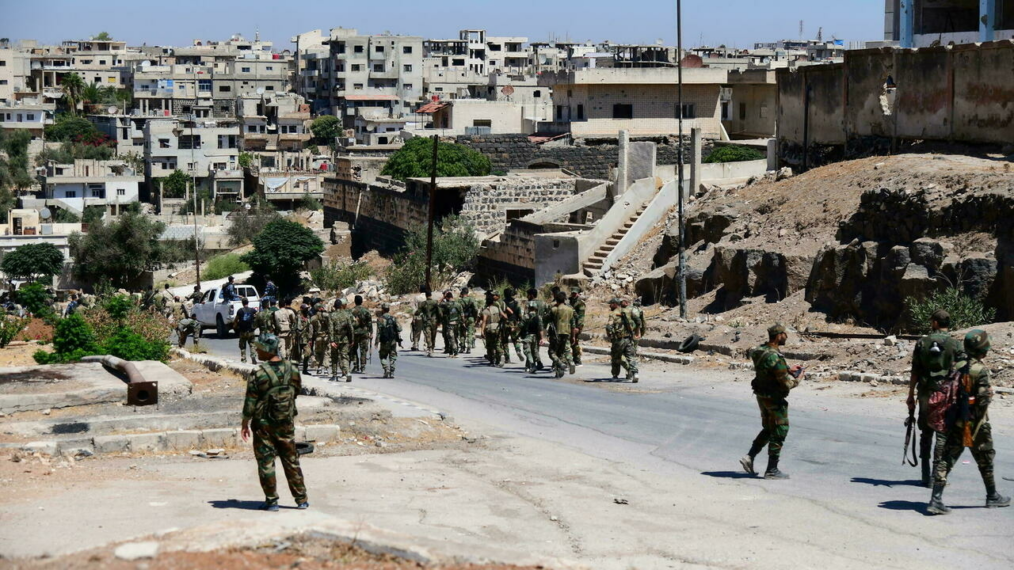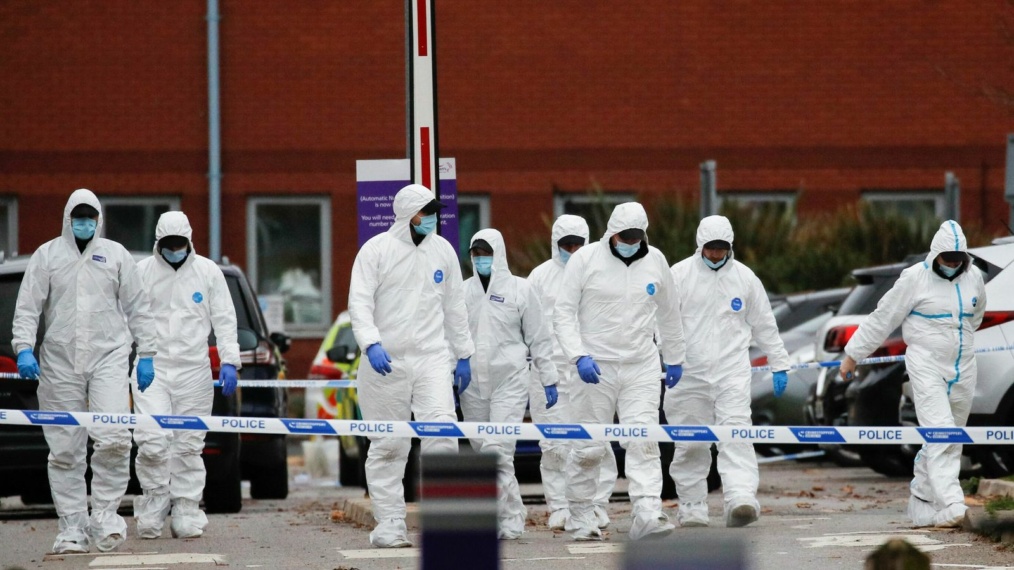Syria is mired in poverty and disarray as a result of terrorism, and the impacts of COVID-19 have exacerbated the conditions. Syria needs a comprehensive plan to fight a series of unresolved difficulties after decades of terrorism, civil conflict, poverty, and famine. The largest refugee exodus in history occurred across the country during the previous year.
Desperation and Disarray in Syria
In 2016, 366 terrorist attacks occurred in Syria, and in 2019, more than 10,000 people were killed, and finally, according to the Observatory, in 2020, 6,800 individuals were killed. However, while these numbers are staggering, they do not compare to 2014, Syria’s deadliest year, in which 76,000 people were killed.
2021 marked one decade since Syria’s uprisings erupted; unfortunately, the nation remains impoverished and plagued with violence. It began as ruthless assaults on anti-government demonstrations, evolving into a complicated battleground involving international forces, local militias, and foreign fighters. The conflict also spawned the world’s biggest refugee crisis, with more than half of Syria’s people displaced. There are 5.5 million refugees living primarily in Turkey, Lebanon, Jordan, Iraq, and Egypt, while another 6.7 million are internally displaced.
The confluence of wars and attacks, economic crises, water shortages, and COVID-19 has created an atmosphere of terror and a dire humanitarian situation, according to Martin Griffiths, Under-Secretary-General for Humanitarian Affairs and Emergency Relief Coordinator. Humanitarian needs in Syria are at their highest as there is an urgent call for a total change in terms of policies and measures to demolish terrorism.
The Brutal Effects of Terrorism
Terrorism has had a significant influence on oil, which is one of the Middle East’s most important industries. Attacks on oil production have resulted in supply disruptions. Considering ISIS’s primary revenue stream is the illicit sale of oil, Syria became a target for territorial control to gain access to oil wells and establish dominance in the oil market.
Additionally, day-to-day life, such as access to clean water and adequate living conditions, have been impacted by both terrorism and COVID-19 in Syria. However, even though humanitarian conditions have eroded, the Syrian government continues to restrict the distribution of humanitarian aid across the nation. Roughly 11.1 million of the 17.5 million Syrians required humanitarian aid in 2020.
Of the humanitarian aid that was distributed to Syrians in the first half of 2021, the contributions consisted of food, access to clean water, hospital renovations, hygiene products, and basic essentials.
Notable improvements and humanitarian aid contributions across Syria include, the implementation of a water purification program to 10.5 million individuals across nine governorates; the distribution of food parcels to 1.3 million Syrians and the donation of basic household items, blankets, mattresses, and hygiene kits to 500,00 individuals throughout seven governorates; and the distribution of COVID-19-specific hygiene kits to prevent the spread of the virus. Additionally, thousands of Syrians received vouchers as a means to access food and hygiene products.
Current Outcomes and Future Suggestions
Syria’s current situation is inhumane. According to sources, terrorists belonging to the Islamic State (IS) in Syria appear to be plotting more fatal strikes in 2022. The assessment comes amid an uptick in IS activity in recent weeks, including two strikes in the war-torn country’s eastern and central areas, which the organization has claimed as its own.
Worldwide collaboration is needed to remedy the Syrian crisis. Shortages of basic goods, such as bread and petrol, have become a common concern, and the number of people in need of humanitarian aid climbed by 21% in 2021. Another aspect to consider is the COVID-19 vaccination rate. Currently, only 5% of the country’s overall population has been reported as fully vaccinated, raising questions about the government’s capacity to deliver vaccinations equitably even within its own borders.
Also, calls for Kurdish-led authorities and the U.S.-led coalition to compensate for the civilian casualties inflicted in their fight against the IS is sought to remedy the impact of their attacks in northeastern Syria. Moreover, the individuals with suspected ties to the IS and who continue to remain in camps and prisons must be swiftly investigated to provide answers and mitigate indefinite detentions.
Since the onset of the Syrian conflict in 2011, the U.S. Institute of Peace focused efforts on Syria, but an effective and long-lasting resolution is still lacking. Terrorism is demolishing the country, and the unstoppable attacks over the years make Syria a high priority for help.
Katerina Rebecca Paraskeva, Counter-Terrorism Research Fellow






